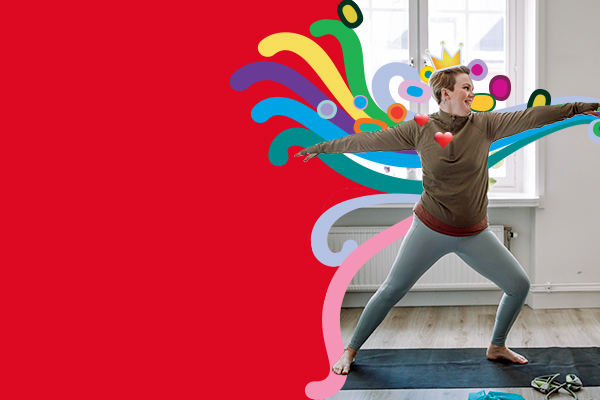-
The best advice for almost any dilemma is to ‘slow down’ or ‘take things more slowly’. Whether you are talking about a relationship, cooking, a boat to China or an approach to health and ageing, the same recommendation applies.
But what does ‘taking it slow’ actually mean? It does not mean procrastinating, being passive, idle or disengaged. Taking the long way home does not mean an aimless meander. It doesn’t mean time will stand still, but in this busy world we know it can get away from us, and we can easily find ourselves somewhere we didn’t want to be.
Slow is about taking your time (back) to establish connections with any choice and value its qualities. For example, slow food doesn’t mean dinner will be late tonight or hours in the kitchen slaving over a less than hot stove. Actually, it’s is an acronym:
S = Sustainable (protects our environment)
L = Local (support your neighbour not someone else’s patch or practices)
O = Organic (without the synthetic herbicides, fertilisers and other chemicals
W = Whole (not processed)
Each of these values represents simple ways to make connections between what is being produced and what you are eating. The success of organic produce, fair trade, ethical consumerism and sustainable manufacturing practices are good examples of how engaging the consumer on values not only sells, but also leads to better outcomes.
The same principles also apply to health and ageing. Life shouldn’t be something we just consume, like fast food. More and more people are looking for an alternative to fast living, the latest fad and the quick fix, where it is possible to become engaged and value their choices in a holistic way. Taking it slow is an obvious answer.
It is now recognised that much of disease and ageing result from the choices we make (or fail to make) with respect to our diet, physical activity, environment and lifestyle. There’s a lot to think about. But there are plenty of opportunities to make a real and long-lasting difference to our future. The slow way is to make our choices as though they actually matter. In most cases, small, slow changes are all that are necessary.
There are many simple opportunities for slow aging. In common to them all are seven AGELESS principles.
1. Be Aware and engaged in your choices.
2. Have clear and realistic Goals.
3. Accent the positive, Eliminate the negative.
4. Make choices that are sustainable for the Long term.
5. Don’t be Exclusive. There is never only one answer.
5. Support is out there. Get help.
7. Be Selective. Do what’s right for you. One size never fits all.
Slow is not the easy way. It takes a good degree of hard work, commitment and flexibility. But some things should be taken slowly. Ageing ought to be one of them.
For more on how to improve your health and ageing visit slowagingblog.com
Slow down

-
How to set up your bedroom for better sleep
The sleep experts share some secrets.
-
5 healthy habits (and how to keep them)
New Year's resolutions are easy to make and hard to keep. Discover how to make healthy habits for 2024.
-
How to feel more connected this festive season
Feeling stressed or lonely this festive season?
-
Life’s a beach
If you want to take it easy at the beach, start by making the trip easier on yourself. Cameron Williams reveals the discoveries that made his time at the beach more enjoyable.
-
Learn how small bursts of movement can have a positive impact on employee wellbeing
-
How to do a digital detox
Reduce screen time with a digital detox, and improve your mental health and wellbeing.
Subscribe to receive the best from Live Better every week. Healthy recipes, exercise tips and activities, offers and promotions – everything to help you eat, move and feel better.
By clicking sign up I understand and agree to Medibank's privacy policy






